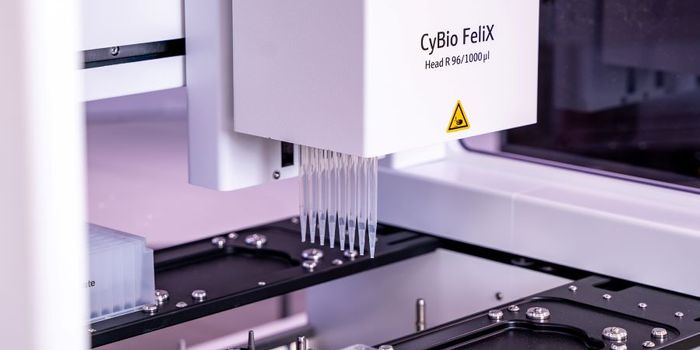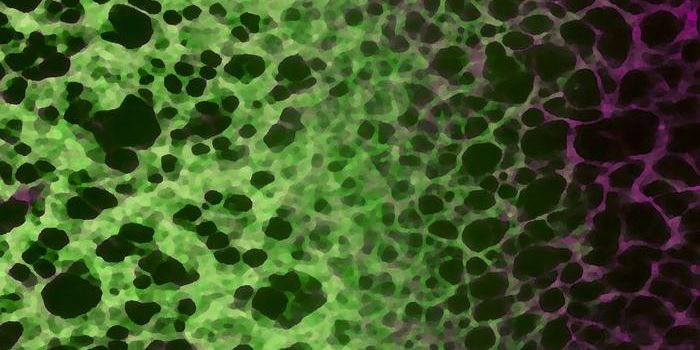These Immune Cells Can Shield the Brain & Prevent Cognitive Decline
It was once thought that inflammation and immune responses in the brain were limited; that is was a so-called immune privileged organ. But there is increasing evidence to the contrary. New research has shown that immune cells called mucosal-associated invariant T cells (MAITs) can serve critical roles in the brain that reduce the levels of damaging reactive oxygen species, which prevents neuroinflammation, and protects learning and memory. The findings have been reported in Nature Immunology.
In this study, researchers genetically engineered mice so MAITs would no longer be produced. These mice were compared to a normal group and mice and while cognitive function was the same in both groups to start with, difference appeared as the mice approached middle age. The MAIT-deficient mice had difficulty forming new memories.
The researchers were able to restore those memory deficiencies in the genetically engineered mice by injecting them with MAITs; performance on memory tests was returned to normal.
The scientists noted that this study is the first to find a connection between cognitive function and MAITs. They want to know more about MAIT levels in humans, and whether those levels change in neurodegenerative disorders.
"The MAIT cells that protect the brain are located in the meninges, but they are also present in blood, so a simple blood test should let us compare levels in healthy subjects and those with Alzheimer's disease and other cognitive disorders," said senior study author Qi Yang, an associate professor at Rutgers Robert Wood Johnson Medical School.
MAIT cells were identified decades ago as an abundant type of human T cell that is common in the liver and skin. This research may be the first to show that they are present in the membrane that covers the brain, called the meninges, showing we still have a lot more to learn about these cells.
MAITs in the meninges generate antioxidants that can reduce the levels of reactive oxygen species, which are normal byproducts of cellular metabolism, but they can also lead to tissue damage. In the brain, that damage manifests as leaks in the meningeal barrier, which might allow pathogens, toxins, or other harmful substances into the brain. Damage to the meningeal barrier could, therefore, lead to serious cognitive decline.
While this research still has to be confirmed in humans, lead study author and postodoctoral researcher Yuanyue Zhang noted that it may be possible to increase the production of MAIT cells by altering a person's habits or diet.
"MAIT cell production is connected to the bacteria in your gut microbiome," Zhang explained. "People who grew up in relatively sterile environments or took antibiotics frequently make fewer of them than people who grew up in more rural areas, where there is more exposure to beneficial bacteria. But everyone may improve their microbiota by changing their diet or living environment. This is just one more reason to pursue a natural and healthy lifestyle."
Sources: Rutgers University, Nature Immunology









